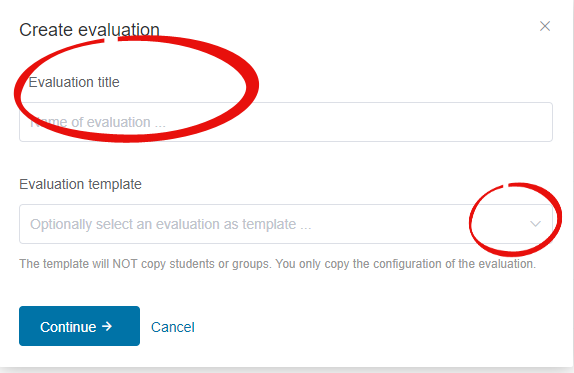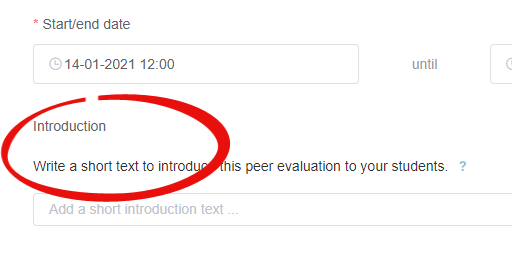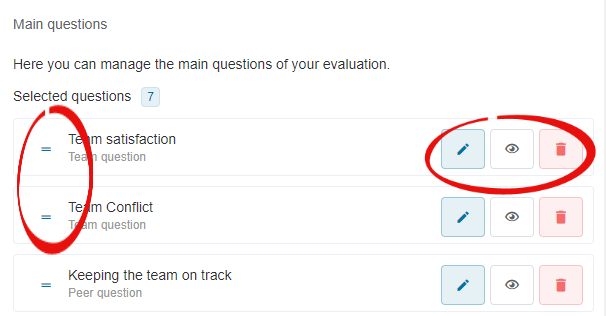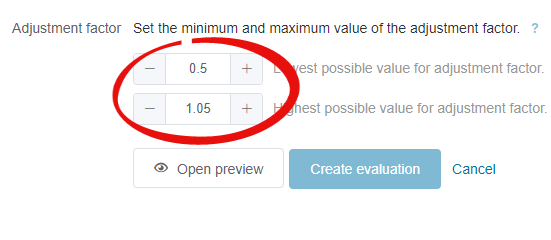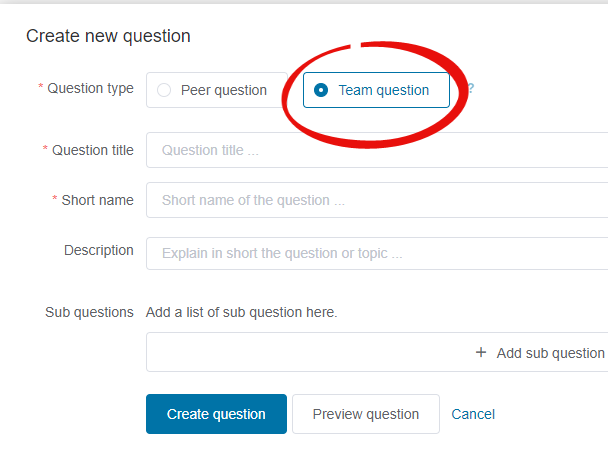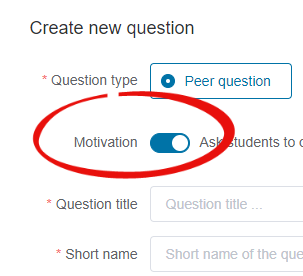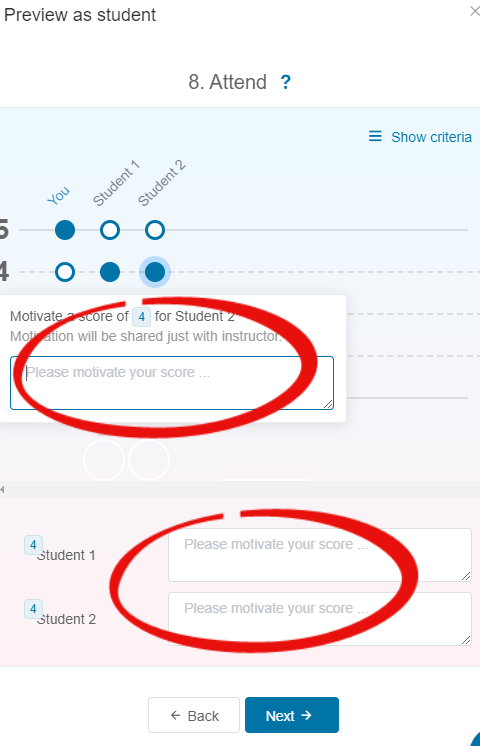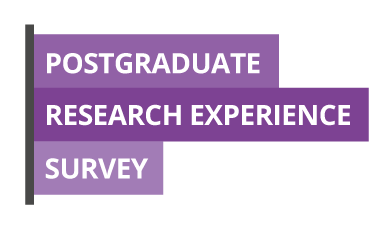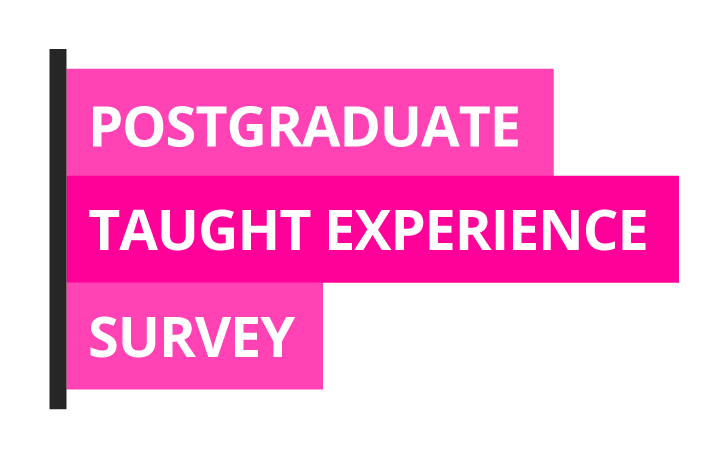Following our October 2019 post introducing the digital exam service, we have a progress update and some news about what’s happening next. Centrally supported digital exam provision (including the OLAF Service, and the Diversifying online exam provision project) is being combined into a single service, and we are reviewing our requirements ready to tender for a system that meets our needs.
February 2020
Requirement Mapping Workshops will be taking place. The outcomes of these sessions will help to inform the requirements that we will take to system providers. All academic and professional services staff with an interest in digital exams are invited to contribute. Please sign up via the link to have your say!
March 2020
Tender for digital exam system (30-35 days response time). A set of final requirements will be issued.
April – May 2020
Scoring of tender submissions against requirements will take place alongside user testing of software that meets our mandatory requirements. Look out for updates about how to get involved.
June – July 2020
A provider will be awarded the contract to supply a digital exam system to the University.
Following this, work will be undertaken to move as much of existing digital exam questions and content into the new system as is possible.
August 2020
The new system will be vigorously tested and integrated with University systems. User guidance and training for all stakeholder will be developed.
August assessment period
Any exam deferrals and resits in the August assessment period will need to be completed/submitted in Canvas. The Blackboard license ends on July 31st and from that point no staff or students will be able to access that system.
Schools should adopt the same method of assessment that was used in Semester 2 for any resits/deferrals in the August assessment period. If a Blackboard test was used in the Semester 2 assessment period, then a Canvas quiz should be used in the August assessment period.
If you ran an OLAF exam in Semester 1 you can either deliver the resit using a Canvas quiz or a Turnitin submission.
Information and support is available via the Education Continuity webpages.
September 2020
Digital Exam Service launches with new software – OLAF is no more.
All digital exams previously taken in both Blackboard as part of the OLAF service and in WISEflow as part of the Diversifying Online Exam Provision project will be delivered using the chosen software.
Training will be offered to all academic and professional services staff involved in delivering digital exams, and briefing information will be available for students.

